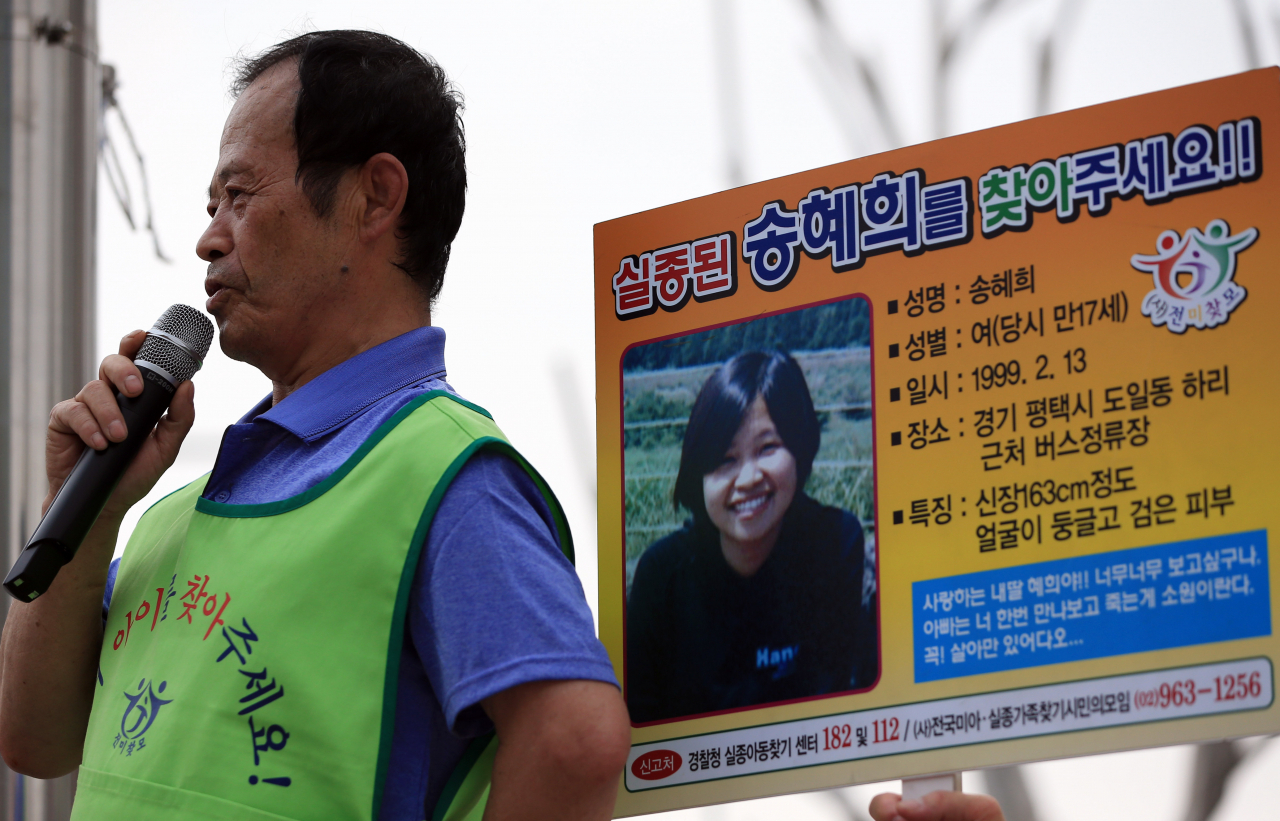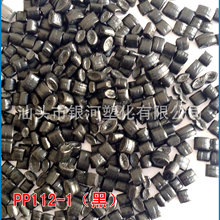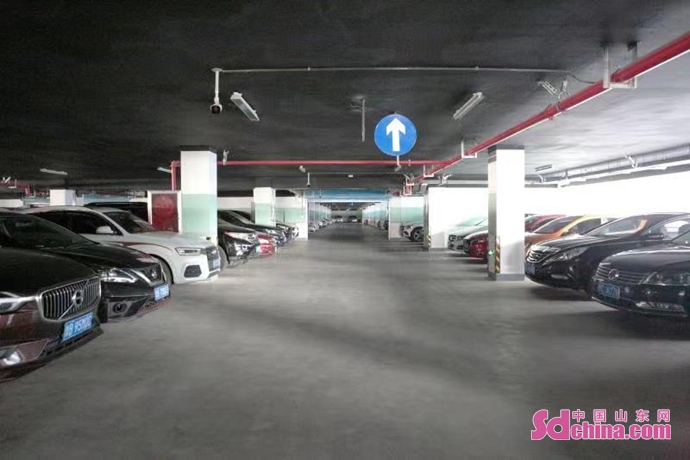 |
| North Korean leader Kim Jong-un uses a computer in this file photo. / Korea Times file |
Foreign experts skeptical of Pyongyang's initiative for smart economy
By Park Jae-hyuk
North Korea will speed up its transformation into a digital economy this year, following the global trend of integrating cutting-edge information technology (IT) with various conventional industries, according to a Seoul-based think tank.
Sah Jin-hwan, a researcher at the Korea Development Bank's Future Strategy Research Institute, said in a recently published report that the country is highly likely to adopt "national development strategies for the digital economy" to transform it into "digital Joseon" in 2020.
"Considering North Korea has emphasized the recent global trend of digital transformation and technology policies on digitization, a North Korean version of development strategies for a digital economy will soon come to the fore," he said.
"In order to make a breakthrough and boost economic growth under the current situation, it will highly likely announce a five-year plan for digital economic development, keeping close eyes on trends in other countries including China."
In his report, Sah cited Rodong Sinmun articles on the concept of the digital economy, global trends and national strategies for digital transformation.
According to the researcher, a trade fair in Pyongyang in November introduced new smartphone apps and 3D printing, as well as offering a place for discussion on artificial intelligence (AI), robotics, Internet of Things (IoT), facial recognition systems, e-commerce and electronic payments.
He expected North Korea's political structure will allow the country to set up regulations for easier digital transformation and to pursue science and technology policies as China did.
"Pushing ahead with policies focusing on science and technology, North Korea has shown a certain level of achievement regarding IT and AI, while pursuing businesses related to big data," the researcher said.
"It has pushed ahead with education, scientific research and cooperation between industries and academies through research institutes, such as the Academy of Sciences, Kim Il-sung University and Kim Chaek University of Technology."
His report, however, mentioned international sanctions against North Korea as a major obstacle to the country's digital transformation.
"Due to the international sanctions, North Korea has faced difficulties in importing advanced equipment and increasing demand through trade," he said.
"Considering the characteristic of hyper-connectivity based on openness and participation, North Korea's closed internet operation and lack of data infrastructure will also hinder it from switching to a digital economy."
Overseas experts expressed skepticism about North Korea's successful digital transformation.
"It's actually almost amusing to think North Korea will focus on big data since it probably creates less useful data than anyone," Georgetown University School of Foreign Service's adjunct professor William Brown said.
"Since the digital economy is all about information spread, enabling people to make better decisions, it can work against the centralization that is so much a feature of their system. But I expect the regime wants to use it in the opposite way; to gather information on the public that it can use for social control."
Liang Tuang Nah, a research fellow of the military studies program at the Institute of Defense and Strategic Studies, also said: "While AI, the smart economy and other elements of the Fourth Industrial Revolution do hold promise for improving economic productivity and growth, such technological advancements only make sense for an open economy that is able to buy and sell globally."
The researcher suspected that Pyongyang's desire to achieve a "smart economy" for its official sector and palace economy is a showcase or prestige project to communicate progress in line with the state Juche philosophy even as the regime is heavily sanctioned and isolated.
"It can be argued that the North Korean economic digitization initiative would have the same impact as the building of swanky apartment blocks in Pyongyang or ski resorts in the North's mountains, which is to say that they would have little or marginal positive economic effect," he added.


 相关文章
相关文章




 精彩导读
精彩导读




 热门资讯
热门资讯 关注我们
关注我们
